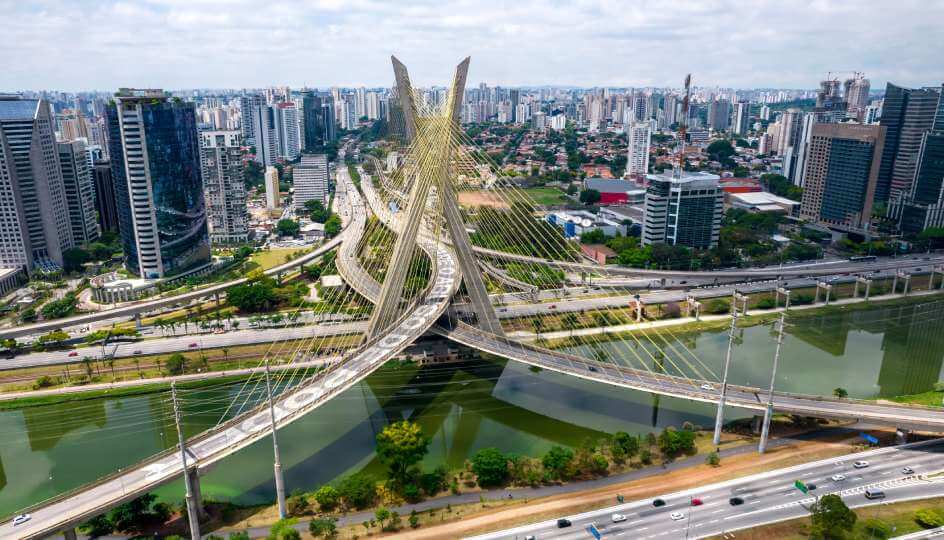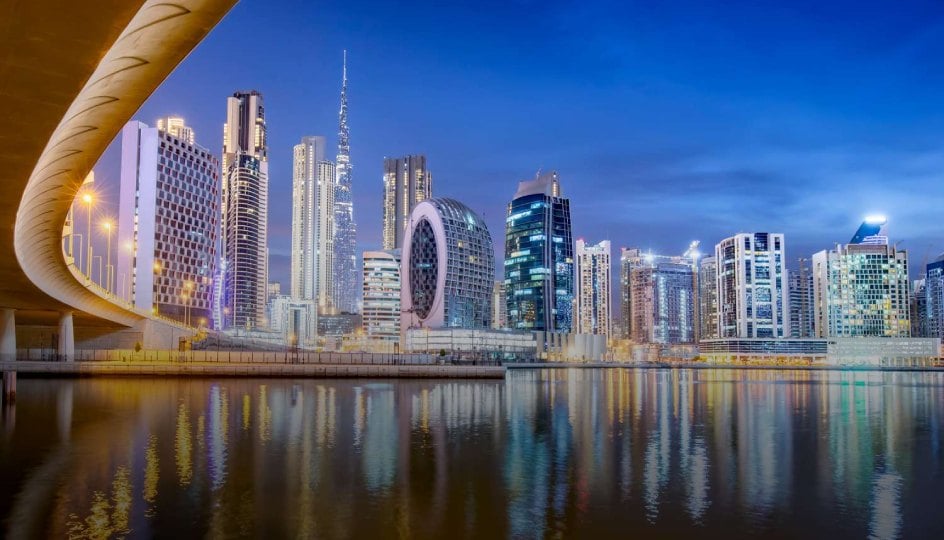Opportunities for private capital in Brazil’s growing carbon credit market

The new Brazilian government plans to resume its leading role in pushing forward the international climate agenda, by prioritising the decarbonisation of production chains and the achieving the transition to a low-carbon economy. The strategy, led by the Minister of the Environment, Marina Silva, is aimed at containing the greenhouse gas emissions that have been steadily gaining ground around the world.
The 2021 United Nations Climate Change Conference (COP26), made it possible to create a structured trading regime between countries, regulating the purchase of carbon emission ‘permits’ to help achieve climate goals. The goal set by COP26 was to limit global warming to 1.5°C and to neutralise annual global greenhouse gas (GHG) emissions by 2050.
65 countries, representing approximately 80% of the world's GDP, including countries such as China, the United States and most European countries, have already committed to achieving carbon neutrality between 2050 and 2060. At COP27, held in Egypt in 2022, discussions advanced, but there is still no standardised global carbon credit market.
In 2021, carbon credit transactions totalled US$1 billion; it is expected that the market will be worth US$50 billion by 2030. This anticipated exponential increase is encouraged by voluntary market demand, with initiatives such as the creation of the European Union's carbon import border tax, approved in December 2022. The pact is provisional and is the first time that a climate change regulation has been used in global trade.
Brazil is in a leadership position in this market. By itself, the country is responsible for about 20% of potentially generated carbon credits from natural sources, created either by avoiding deforestation or through reforestation initiatives.
Brazil leads the way in the carbon credit market
Brazil can become a global leader in the carbon credit market, via projects associated with both conservation (REDD+) and forest restoration (ARR). With extremely rich biomes, such as the Amazon, Cerrado, Caatinga and Atlantic Forest, the country can lead this market through reforestation and forest protection. The environmental and socioeconomic opportunities linked to developing a vibrant forest carbon market are significant, but the challenges are equally important.
The big challenge related to forest protection and reforestation is financing the investment needed to enable initiatives to prevent deforestation and carbon sequestration through forest restoration. If, in Brazil two or three years ago, the main carbon credits came from renewable energy, in 2022, carbon credits will come from forest carbon projects. Brazil can and must take advantage of this great potential of forestry projects.
There are still many challenges on this journey, but Brazil is moving towards overcoming them through greater legal certainty, with norms such as the 2012 Forest Code, the national policy of payment for environmental services (applied in 2021) and the attempt to regulate rules for the carbon market with Decree 1,1075, which creates the National System for Greenhouse Gas Reduction (Sinare) and establishes how sectors will meet to define their emission reduction targets.
Carbon initiatives
The carbon market is a tool for public policy and for financing a low-carbon economy. Currently, the world is experiencing extreme situations through climate emergency events, which already have consequences for society. Scientific studies indicate that these events are becoming more and more frequent. They will continue to happen and will have much more serious consequences than we already see today, so it is necessary to organise governance measures to deal with this issue, and one of the viable methods is to price the ton of carbon.
World Bank studies show that the ideal range for pricing a ton of carbon is around US$100 to US$150, in order for public policies to work and for Brazil to reach net zero and reduce carbon emissions. By way of comparison, currently a forest carbon credit is traded at US$10, on average. Considering the studies, this disparity represents the potential for appreciation for bonds representing a ton of carbon in the future for the country.
Another initiative, which is not yet so popular, is to regulate the carbon market through the payment of a carbon tax, which will be directed to the public administration's cash flow to manage resources. With the amount collected from these taxes, it will be possible to make investments as indicated by legislation, with the aim of reducing carbon emissions.
Regulated carbon markets present a great opportunity for forest protection, but still lack greater standardisation of rules and mechanisms for certifying credits from forests. With regulation, each company has a limit for emitting greenhouse gases. Those who emit less than the ceiling obtain credits, which can be sold to those who have exceeded their limits.
Brazil still has no regulated carbon market. Bill 528/2021, which defines the Brazilian Carbon Emissions Reduction Market (MBRE), is in Congress. The idea of the project is to link carbon credits to actions to reduce or remove GHG from the atmosphere.
On 26 December 2022, the government of former president Jair Bolsonaro approved Provisional Measure 1,151, which changes the rules for managing public forests, thus allowing carbon credit trading through concessions in forest conservation areas. This measure could greatly boost the market, but is still subject to congressional approval.
The importance of private capital to boost the carbon market in Brazil
Private capital has a fundamental role in driving the carbon credit industry in Brazil. This can happen with the creation of investment funds for the generation and commercialisation of carbon credits generated through reforestation and conservation of the Brazilian biomes.
During COP27, Itaú Unibanco, Marfrig, Rabobank, Santander, Suzano and Vale announced the creation of Biomas, an independent company that aims to restore and protect 4 million hectares of native forests over the next 20 years and trade the carbon credits originating from these areas.
One of the great challenges faced when we talk about the purchase of Amazonian lands for reforestation is the regularity of land ownership and the mismatched information in the registry offices about land registration. For this market to work, it is necessary that the land registries talk to each other in the registry offices and in the registries of the National Institute for Colonization and Agrarian Reform (INCRA) and in the state institutes with registries in the Rural Environmental Registry (CAR).
Another point to be observed by investors is the level of care towards human rights, when investing in a certain forest area. It is very important to respect, consult and compensate communities with the existence of quilombola and indigenous populations. At the same time that these areas bring complexity to structure these projects, they add an extra component of value to it, because when properly treated, the tendency is that the carbon credits will be even better valued in the market.
Once the bureaucratic steps are overcome, there is a vast opportunity for the financial market to enable projects that generate carbon for purchase and sale. And, in this scenario, private investment offers the possibility to bolster carbon projects and integrate the existing carbon market ecosystem in Brazil.
This movement is already happening at an increasing pace: since 2021, data collected by the Ecosystem Marketplace show that the country traded 3.1 million tons of forest credits. This data shows the potential of this market and that contributions from private equity funds can drive a low-carbon economy and increase the scale of their businesses.
Talk to us
If you want guidance or support on any of the aspects discussed in this article, why not talk to us?
Our experts at TMF Brazil include specialists in accounting, legal, tax, payroll and HR, who can help you to incorporate or invest quickly, safely, and efficiently.
If you need a helping hand getting established or managing your operations or investments in Brazil, make an enquiry.
Want to learn more about doing business in Brazil? Download our free country profile.




